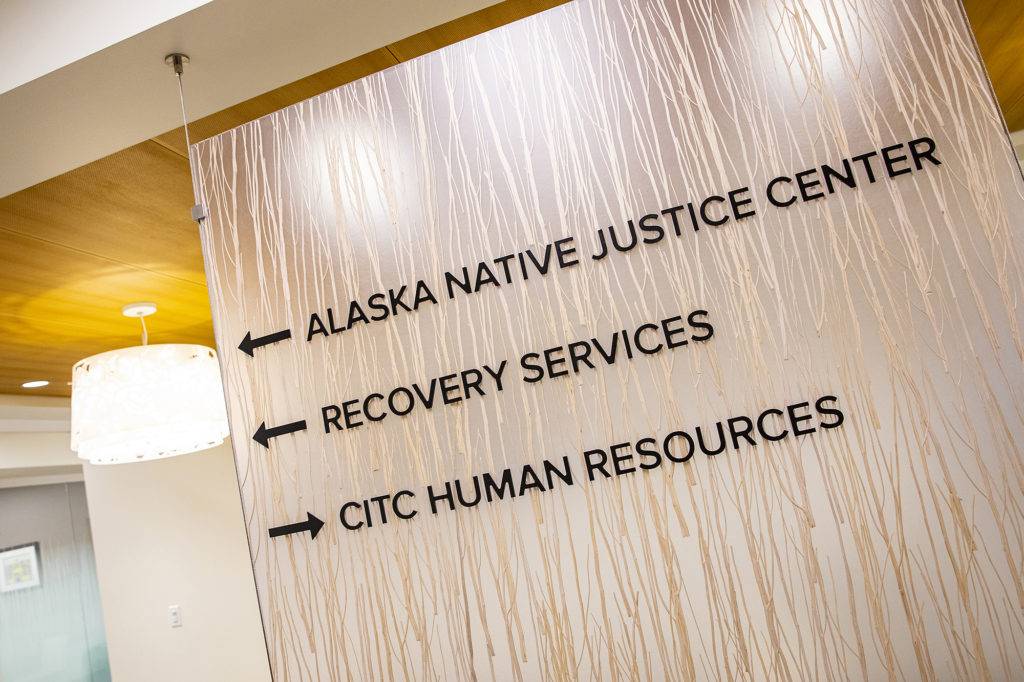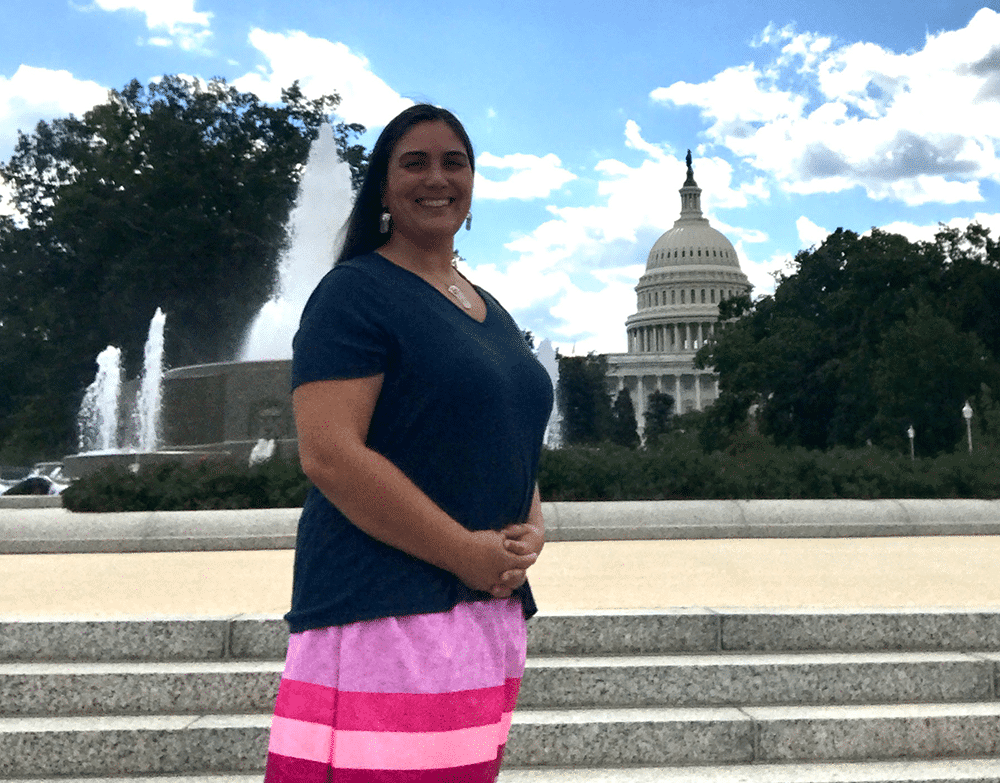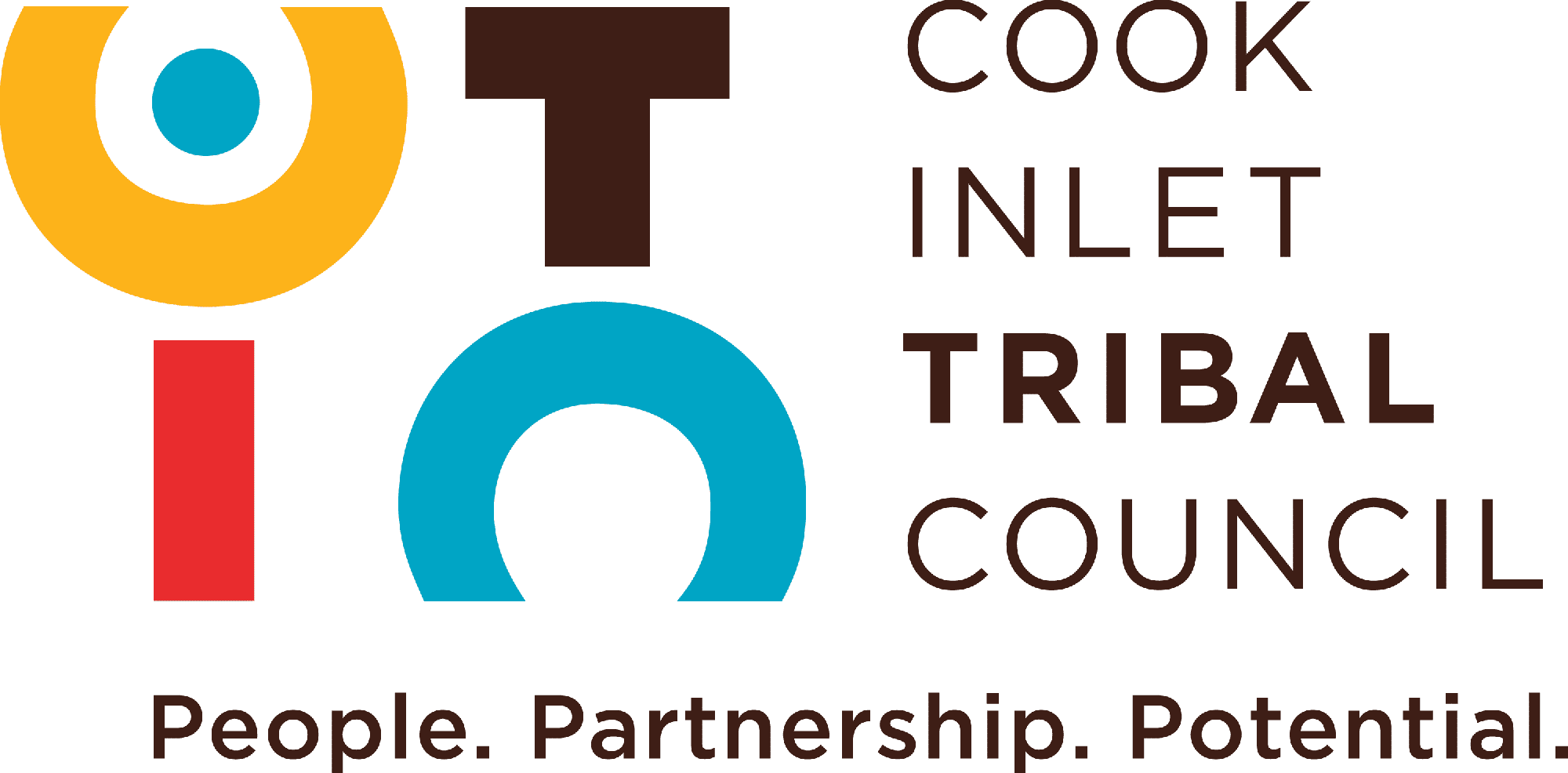30 Sep CITC’s Recovery and Addiction Services Recognized with National Honor
The department is being recognized by the National Indian Health Board for its local impact

Congratulations to CITC’s Recovery and Addiction Services (RS) department, which has been named as this year’s recipient of the Local Impact Award from the National Indian Health Board (NIHB)!
Each year, NIHB designates an organization to receive the Local Impact Award as part of its “Heroes in Health” program, which recognizes outstanding individuals, programs, and organizations from across Indian Country whose service and selfless work has resulted in major contributions in improving American Indian and Alaska Native health.

RS has been recognized for the way the department completely transformed how people access recovery services at CITC. Through emphasizing connection to culture, providing same-day access to services, and prioritizing peer support, RS made its programs more accessible and responsive than ever, serving a total of 2,350 individuals in 2021.
“I am so proud of my team and all the work they have done and continue to do in service to the Anchorage community,” said Dr. Angela Michaud, RS senior director. “The Recovery Services team members truly have hearts of healing. They come to work every day with a ‘spark’ to help other people. The evidence of that passion shows through the innovative ways they approach their work.”
One innovation the RS team has implemented addresses how people are greeted when they’re seeking recovery and addiction services at CITC. Our RS offices offer a safe space for visitors to share stories or work on cultural projects, like beading, while they await services. Participants are immediately connected to providers who can identify service barriers and work with individuals to overcome them.
“We’ve prioritized connecting with participants as soon as they walk through our door,” Angela explained. “So even if an doesn’t receive an assessment the day the same day, they’ll still meet with a peer, for example, who can help them figure out, okay, you still need a driver’s license, or you need get a copy of your BIA card. And we’ll help them with that.
“Some of those things have been barriers in the past,” she pointed out, “so we just took them away.”
In residential facilities, like the Ernie Turner Center and Chanlyut, staff connects participants more deeply with Alaska Native culture through the meals served; residents enjoy traditional Alaska Native foods and participate in harvesting traditional items like berries, salmon, and hooligan.
Culture is also a cornerstone of RS’s Prevention Services, which connect youth and their families to traditional subsistence activities. Finally, RS Peer Support offers an active network of drug- and alcohol-free mentors who model how those new to recovery can change their lives and live substance-free.
The NIHB will present the Local Impact Award to CITC’s RS department at an upcoming meeting.
CITC is thrilled that our RS department has been recognized with the NIHB Local Impact Award. Congratulations to the RS staff!
Learn more about CITC’s programs for those seeking addiction and recovery services here.


